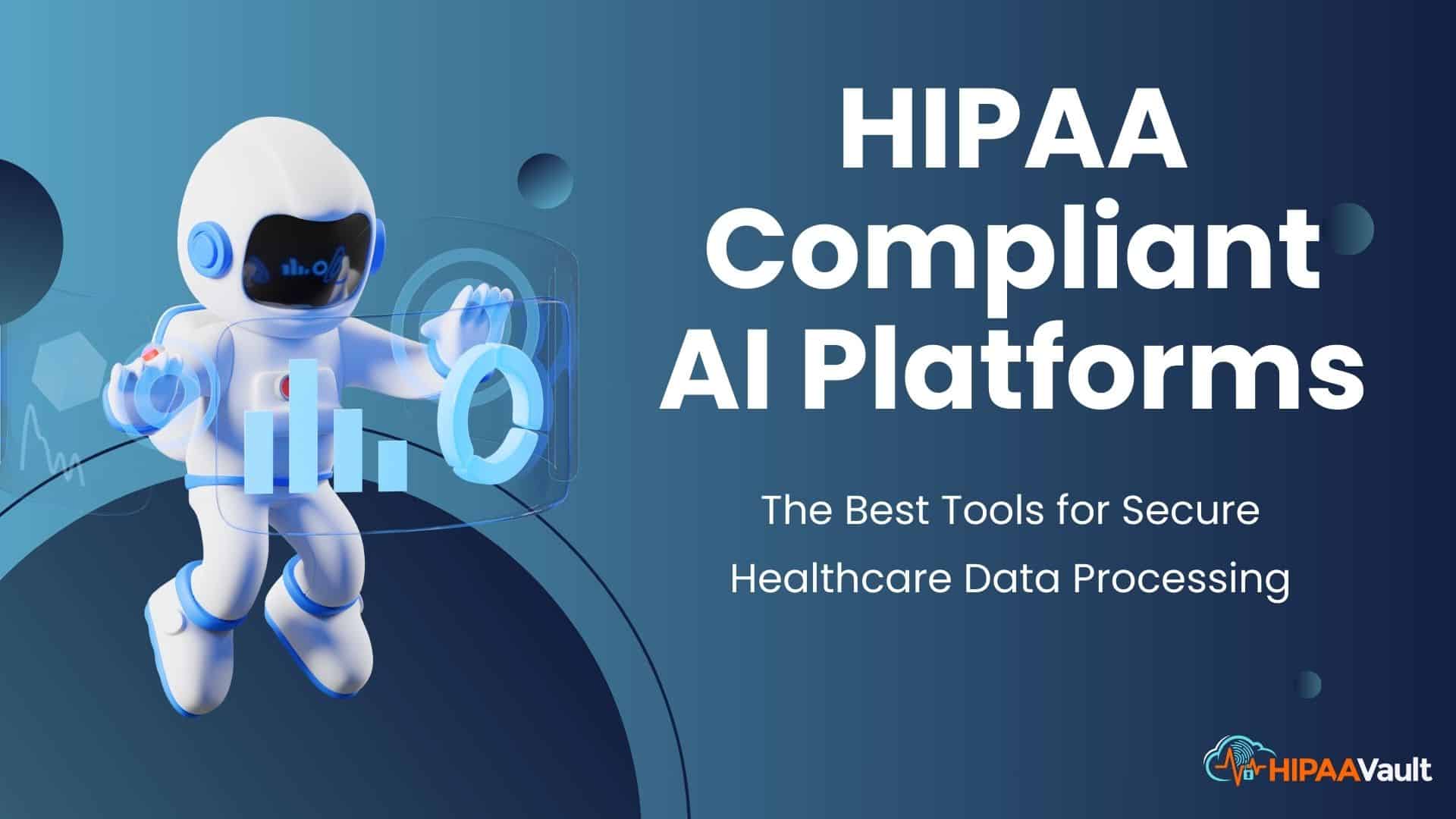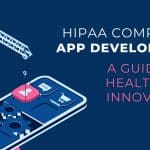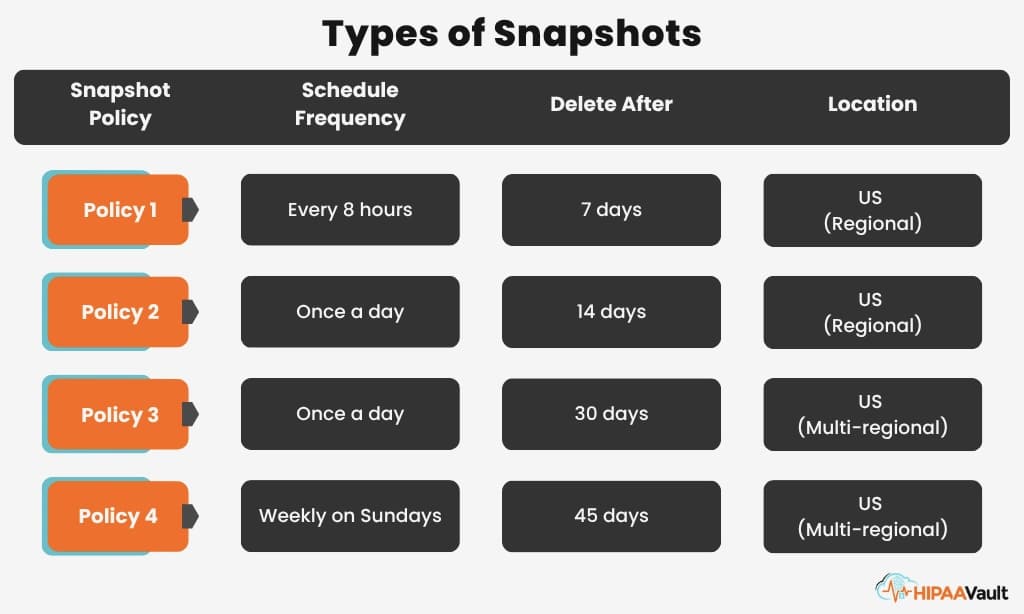Your Guide to Choosing AI Solutions That Meet HIPAA Standards and Protect Patient Privacy
Artificial Intelligence (AI) is revolutionizing healthcare—enhancing diagnostics, streamlining operations, and powering virtual assistants.
However, with great power comes great responsibility, especially when dealing with Protected Health Information (PHI).
That’s where HIPAA compliant AI platforms step in.
Organizations integrating AI into their healthcare systems must ensure full compliance with the Health Insurance Portability and Accountability Act (HIPAA).
Non-compliance can lead to devastating data breaches, legal action, and reputational damage.
👉 Looking for a turnkey HIPAA-compliant AI environment? Get started with HIPAA Vault — no configuration headaches, just peace of mind.
Accelerate Innovation with Managed Google Cloud AI
Build custom models using TensorFlow and Document AI. We handle the security and BAA, giving you total control over your results.
Learn MoreWhat Makes an AI Platform HIPAA Compliant?
HIPAA compliance isn’t a simple checkbox—it’s a framework that includes technical, physical, and administrative safeguards.
When it comes to AI platforms, these safeguards are critical to ensure that sensitive health data is protected at every stage.
Here’s what to look for:
- Data Encryption: Data must be encrypted both at rest and in transit using strong, industry-standard encryption protocols (e.g., AES-256).
- Access Controls: The platform should enforce role-based access control (RBAC), multi-factor authentication (MFA), and session timeout features.
- Audit Controls: HIPAA requires systems to log and monitor all access and activity involving PHI.
- De-identification & Pseudonymization: AI models must be trained on data that is either anonymized or pseudonymized unless specific consent and controls are in place.
- Business Associate Agreement (BAA): Most critically, the vendor must be willing to sign a BAA, which legally binds them to HIPAA standards.
🔎 HIPAA tip: “HIPAA-eligible” ≠ “HIPAA-compliant.” You need both infrastructure and legal safeguards.
HIPAA Vault: Your Partner in AI Compliance
HIPAA Vault offers a robust suite of cloud services that simplify HIPAA compliance for healthcare businesses adopting AI.
Whether you’re training AI models or deploying machine learning applications, HIPAA Vault ensures that your infrastructure meets every HIPAA requirement out of the box.
Key features include:
- Secure cloud hosting with built-in encryption
- HIPAA-compliant file sharing via SFTP
- Secure WordPress and email hosting
- 24/7 support from HIPAA-trained engineers
➡️ Need help fast? Request a HIPAA Compliance Strategy Call
Top HIPAA Compliant AI Platforms
| Platform | HIPAA Support | BAA Offered | Use Case |
| HIPAA Vault | ✅ Full | ✅ Yes | Cloud hosting, file sharing, AI |
| Google Cloud | ✅ Full | ✅ Yes | ML training, analytics |
| AWS | ✅ Full | ✅ Yes | Scalable AI and healthcare apps |
| Hathr.ai | ✅ Yes | ✅ Yes | AI document automation for clinics |
| Microsoft Azure AI | ✅ Yes | ✅ Yes | Clinical analytics and modeling |
Not sure which platform to choose?
Compare your options here with HIPAA Vault’s free consultation
How to Evaluate HIPAA Compliance in AI Tools
Checklist to assess platforms:
✔ Does the platform offer a signed BAA?
✔ Is PHI encrypted at rest and in transit?
✔ Are logs and access trails available for audits?
✔ Can user permissions be tightly controlled?
✔ Does the vendor provide breach alerts and response tools?
✔ Is there clear documentation and support?
📌 Pro Tip: You’re legally responsible for how you configure and use any “HIPAA-eligible” tool.
Risks & New HIPAA AI Guidelines (2025)
As of August–September 2025, several new challenges and regulatory updates emerged:
- Generative AI & PHI Risk: Language models can memorize sensitive data. Use anonymization and monitor outputs.
- Shadow AI Tools: Employees using unsanctioned tools (like ChatGPT) can expose PHI accidentally.
- HHS Guidelines 2025:
- Clarified BAA requirements for AI
- Added rules for training data retention
- Warned about AI hallucinations revealing PHI
- Clarified BAA requirements for AI
⚠️ Stay current. Partner with HIPAA Vault experts who adapt to regulatory changes as they happen.
Choose the Right HIPAA-Compliant AI Platform
The future of healthcare is AI-driven—but only if it’s HIPAA-safe.
When evaluating platforms, prioritize:
➜ A signed BAA
➜ Built-in encryption & access controls
➜ Transparent, secure hosting infrastructure
➜ Proactive legal & compliance support
👉 Don’t wait until a breach.
Secure your AI infrastructure today with HIPAA Vault
Frequently Asked Questions (FAQ)
1. What is a HIPAA compliant AI platform?
It’s a tool or service that includes encryption, access control, audit logs, and agrees to a Business Associate Agreement (BAA) to process PHI securely.
2. Is ChatGPT HIPAA compliant?
No. As of now, OpenAI does not sign BAAs. You should not use ChatGPT to process PHI.
3. What’s the difference between HIPAA-eligible and HIPAA-compliant?
“HIPAA-eligible” means the platform can be configured to meet HIPAA requirements, but it’s not compliant out of the box.
“HIPAA-compliant” platforms like HIPAA Vault are ready to go.
4. Can I train an AI model with PHI?
Yes—but you must ensure encryption, de-identification, and full compliance with HIPAA standards.
5. What if my AI provider won’t sign a BAA?
Then you cannot legally process PHI with them. Doing so violates HIPAA and exposes your business to serious legal risk.
Ready to Protect PHI with AI?
Let HIPAA Vault simplify it all—from infrastructure to legal coverage.
👉 Book your free HIPAA compliance session now!








